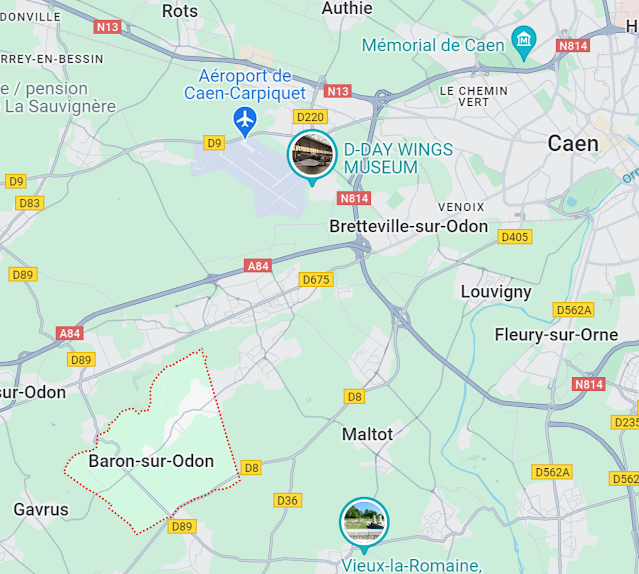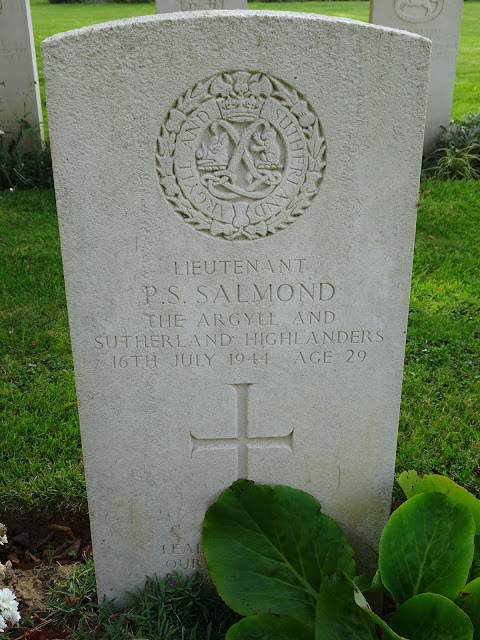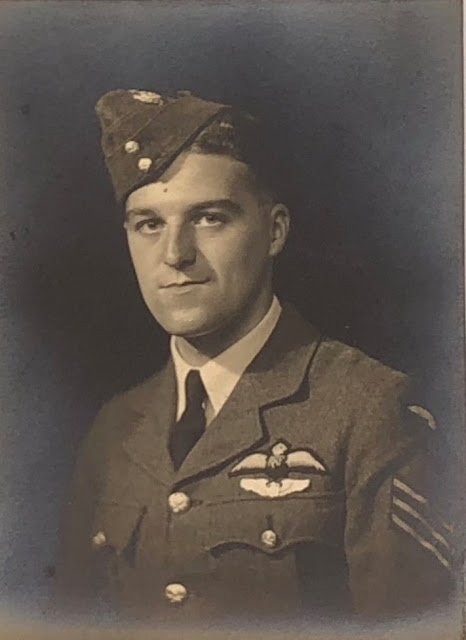Peter Stanbury Salmond
Sadly, I can find very little about this man. He was born on 19th October 1914 in Inverkeithing at 5 Bannerman Avenue.
His parents were Thomas Millar Salmond and Mary Louise nee Phillips
He had one elder brother, Charles Millar Salmond, born in Sliema, Malta six years earlier
His father gave his occupation as civil engineer but in 1903 the London Gazette announced his appointment to work for the Admiralty (i.e. Royal Navy - at the time the most powerful navy in the world):
At the time Peter was born, he was probably working at the Royal Navy Dockyard in Inverkeithing at the time.
By 1921 his father's work had taken the family to London where he now worked at the headquarters of the Admiralty in the Chief’s Department (later Navy Works Department). The Salmonds lived at 4 Birchington Road, Crouch End, N8:
Peter attended the High School of Glasgow so it's likely the family moved to Glasgow around the mid 1920s. Their address was 10 Thorn Drive, Bearsden.
Then there is a huge gap in the record, of around 15 years where we have no idea of what Peter was doing. His brother Charles had followed his father into engineering and from the records of passenger ships we know he travelled. Had Peter been an engineer as well then when the war came in 1939 he would probably have joined the Royal Engineers, but instead he was an infantry officer.
In 1943 he married Elizabeth Bryant Stearn in Fylde, Lancashire. Elizabeth was from Stockton-on-Tees, born 1916, and in 1939 was working as an assistant teacher in an elementary school, living at 189 St Leonards Road East in Lytham St Annes.
In 1944, Peter was a Lieutenant with the 2nd Battalion, Argyll and Sutherland Highlanders. After D-Day, the Allied forces had to fight field by field, village by village through the area beyond the coast in a form of warfare by attrition that would be familiar from World War One. Attrition meant continuous attacks (both large and small) on the Germans, and one of the less-known was Operation Greenline.
In a previous post I wrote about the attack where another Bearsden man, Thomas Blythe. was killed (click here) and that took place eight days earlier and a little to the north-east. The map below shows Baron (bottom left) relative to Caen on a modern map.
The 15th Scottish Division were attacking south, seeking to keep the Germans under continuous pressure so that they could not move troops from this area to reinforce other areas that were shortly to be attacked.
On 15th July the battalion was stationed at Bas de Mouen, just north of Mouen. They were to attack that night; the objective was the main road, half way to the Ferme de Mondeville feature. In the map below the red arrow shows the direction the battalion took to reach the start line; the final objective was the red circle at the very bottom of the map.
From 9.20pm onwards the area occupied by the battalion came under enemy fire, particularly mortar bombs, and the fire was described in the battalion war diary as the heaviest experienced by the battalion so far, but as long as the troops remained under cover there were few casualties.
At 11pm B and C Companies started to move through Baron to the start line. Somewhere between Bas de Mouen and Baron, Peter Salmond was badly wounded and died soon after. The location is not recorded so the photo below shows the view of the approach to Baron-sur-Odon looking from west to east. The battalion would have been advancing from the left, at 90 degrees to the view, through Baron (see the church tower):
Peter was buried at St Manvieu, a few miles north of where the battalion started at Mouen:
The words obscured by the leaf are "Lead us to God, our final rest be with him for ever blest".
He is also commemorated in Bearsden South Church
Peter's wife, Betty, remarried to Donald Beeden who had also served in the war. Serving with the 1st Royal Tank Regiment in the desert war in Egypt and Libya, he was wounded twice and won the Military Medal. His citation is as follows:
Trigh Hacheim (or Hakeim) was a defensive action fought by the British and Indian forces to try and stop Rommel's Afrika Korps from breaking through.
















Comments
Post a Comment